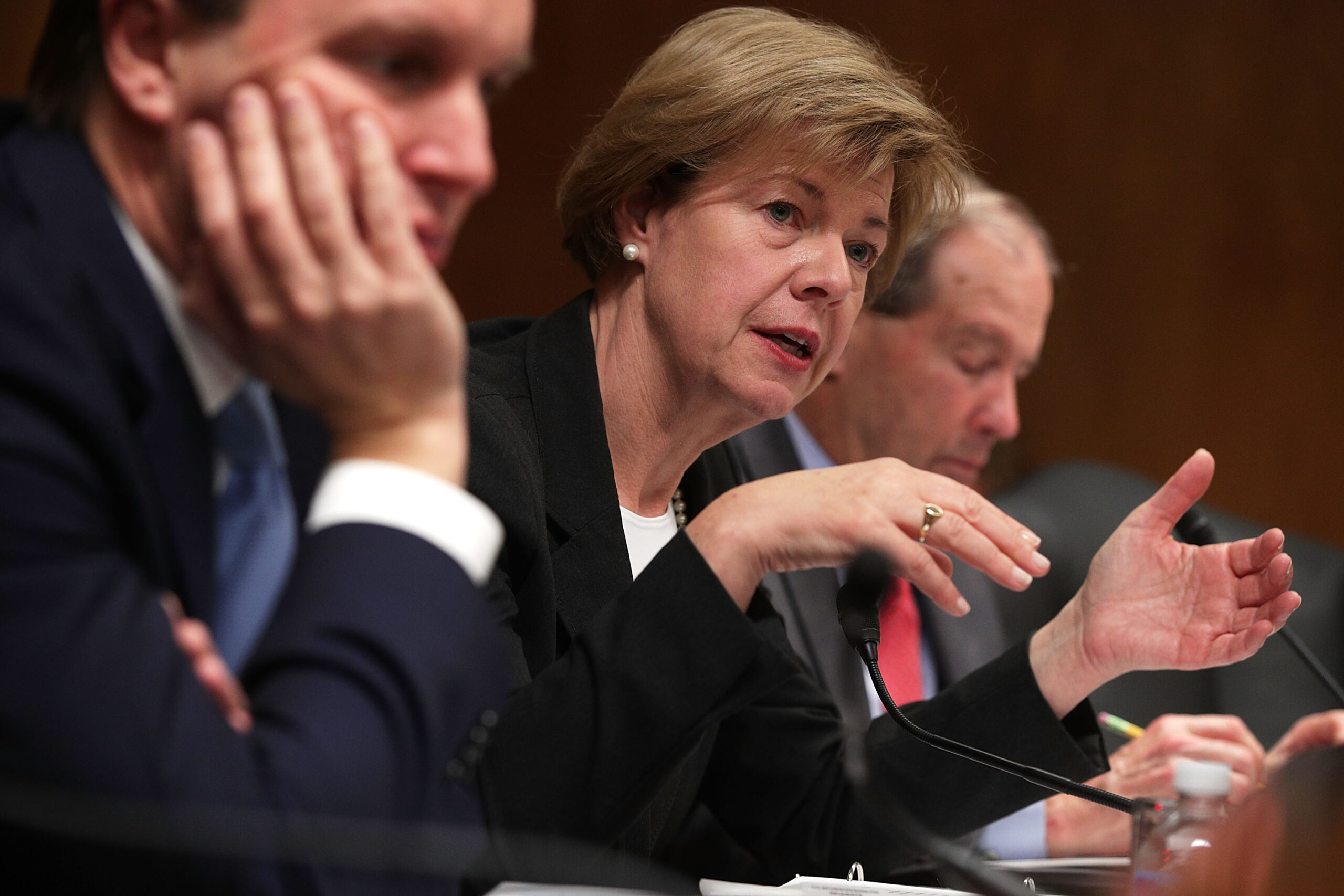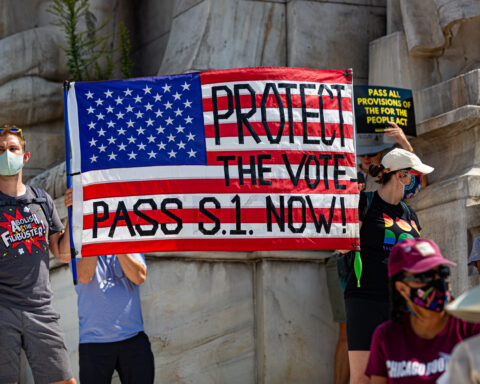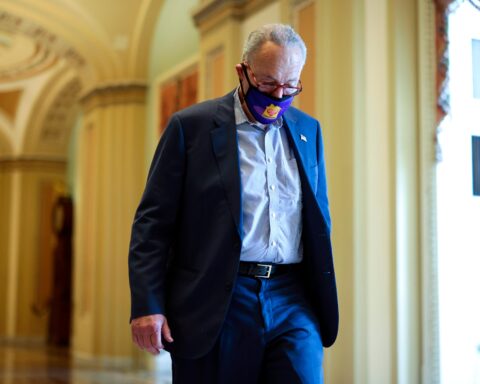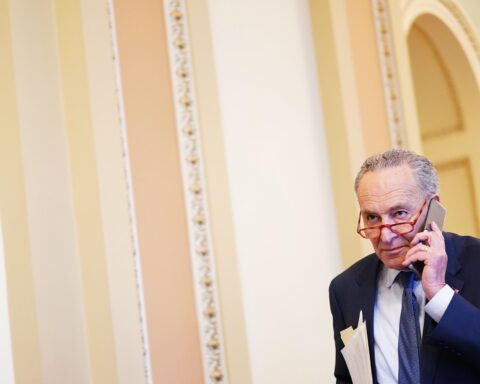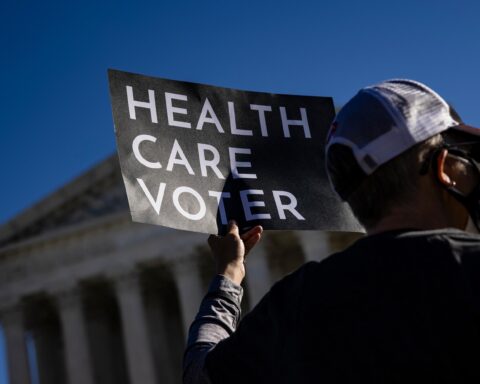The creation of a federal Medicaid expansion program is likely not going to be in the Democrats’ sweeping social safety net package. Instead, lawmakers are discussing a plan to subsidize private insurance on the Affordable Care Act exchanges for those who are in the coverage gap, Democratic Sen. Tammy Baldwin of Wisconsin told CNN.
“The best solution, since it’s already there, is to have people that are in the coverage gap be able to get marketplace insurance,” Baldwin said, noting that this is something that’s already done in other states.
Lawmakers had initially wanted to create a federal Medicaid expansion program that would extend coverage to the more than 2 million people in the 12 remaining states that have opted not to expand under the Affordable Care Act provision. These states, including Baldwin’s Wisconsin, have either Republican governors or legislatures, or both.
The Centers for Medicare and Medicaid Services, which would have run the program, told Democrats that it would take at least three years to get it going, Baldwin said. In the meantime, lawmakers would have provided these low-income adults with hefty premium subsidies to sign up for policies on the Obamacare exchanges at little or no cost.
The delayed timing, combined with West Virginia Sen. Joe Manchin’s aversion to expanding federal programs before shoring up existing ones, presented major challenges to the initial plan.
Baldwin said she thinks Manchin, who is an essential vote, is “more comfortable” with this plan.
“Everything’s not totally worked out, but this is something familiar to him,” she added.
The revision under discussion would give those in the coverage gap large federal premium subsidies, as well as other assistance to reduce their out-of-pocket costs to as close to zero as possible, Baldwin said. Also, lawmakers are looking to add some additional benefits that are generally available in Medicaid that private plans don’t usually cover.
Low-income adults in non-expansion states fall into the so-called coverage gap because their earnings are too high for them to qualify for Medicaid in their states but too low to be eligible for existing subsidies on the Affordable Care Act exchanges. Those below the poverty line — roughly $12,880 for an individual — currently cannot receive federal help to buy Obamacare coverage.
Two of the biggest champions of closing the Medicaid gap have been Georgia Sens. Jon Ossoff and Raphael Warnock. Georgia is one of the states that opted out of expanding Medicaid, leaving 14.5% of its population uninsured in 2020, the third highest number in the nation, according to a Kaiser analysis of Census data.
Warnock, who is up for reelection in 2022 and keen to deliver health care coverage to a key constituency, made clear that he would prefer to close the gap with a proposed federal program, but he’s open to a path that gets Georgia residents covered.
“What I would prefer is if Georgia would expand Medicaid. Absent that, we got to find a path to get these people covered, and I’m open to the possibilities of making that happen,” Warnock told CNN.
Ossoff echoed the sentiment, saying that “the bottom line for me is that my constituents who are in the coverage gap, these are hardworking Georgians who lacked health insurance, and they need care at the highest quality. It needs to be affordable. We need to close the gap. I’m open to considering any policies that achieve those ends and negotiations are ongoing.”
Warnock and Ossoff both said they’ve been in discussions with Manchin and others.
“It’s an ongoing conversation,” Warnock said. “It involves not only Senator Manchin but other members of the conference.”
But the sticking point for Manchin and some other Democrats, including Montana Sen. Jon Tester, is that states that have already expanded Medicaid are footing the bill for 10% of the cost to cover their low-income residents. The federal government pays the rest.
Under the initial proposal, the federal government would have picked up the entire tab for the holdout states.
“The problem that I have with that one right now, we’re paying 90/10. So 10% has been paid by all the states,” Manchin said earlier this week. “For states that held out, being awarded 100%, it’s not fair.”
In a letter to House Democrats on Wednesday, House Speaker Nancy Pelosi wrote optimistically about a path forward on closing the Medicaid gap.
“With regard to health care, great progress has been made to address the coverage gap in states that have not enacted the Medicaid expansion. This expansion of the Affordable Care Act takes us to nearly universal coverage,” Pelosi wrote.

